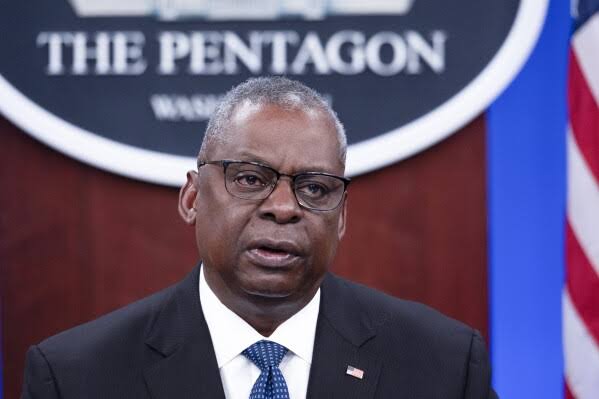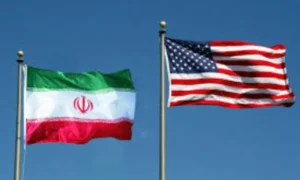The United States has urged Israel to take immediate action to protect United Nations peacekeepers stationed in southern Lebanon. This call comes amid escalating tensions in the region, particularly involving the UN’s peacekeeping mission, known as the United Nations Interim Force in Lebanon (UNIFIL). The mission has been responsible for monitoring the volatile border between Israel and Lebanon for decades, especially following conflicts that have threatened the fragile peace in the area.
On Thursday, US Secretary of Defense Lloyd Austin spoke by phone with Israeli Defense Minister Yoav Gallant. During their conversation, Austin stressed the need for Israel to ensure the safety and security of UNIFIL troops, who have increasingly come under fire in recent days. At least four peacekeepers have been injured, and there have been reports of Israeli tanks breaking through the gate of a UN base in southern Lebanon just last Sunday. Israel has claimed that Hezbollah, the powerful Iran-backed militia in Lebanon, is using areas near UNIFIL bases for its own military purposes, which has raised concerns about the risk of further violence.
UNIFIL was established in 1978 to oversee the Israel-Lebanon border after an Israeli invasion. Its main role has been to monitor the ceasefire and maintain peace in the region. Over the years, the mission has grown to include more than 10,000 troops from over 50 countries, including Germany, all working to prevent a return to large-scale violence between Israel and Hezbollah.
However, tensions between Israel and Hezbollah have remained high, especially in recent years. Both sides have accused each other of violating agreements, and skirmishes along the border have sometimes involved UNIFIL forces. Despite their neutral role, peacekeepers have often found themselves caught in the middle of these conflicts, making their security a key concern for international observers.
Secretary Austin’s phone call highlights the growing concern in Washington about the situation in southern Lebanon. In his statement, Austin emphasized the need for all parties to take “necessary measures” to protect the UN troops and ensure that their mission can continue without further risk. He also stressed the importance of pursuing diplomatic solutions to prevent the situation from escalating further.
Austin’s call for protection of UN forces comes at a time when the United States is heavily involved in diplomatic efforts across the Middle East, aiming to de-escalate conflicts and push for long-term solutions to ongoing regional disputes. Part of this effort includes ensuring that peacekeeping forces, such as those in Lebanon, can operate safely and effectively.
In addition to concerns about the safety of UNIFIL troops, Austin also used the conversation with Gallant to address the humanitarian situation in Gaza. The Gaza Strip, which has long been a point of conflict between Israel and the Palestinian territories, is facing a severe humanitarian crisis. Conditions in Gaza have worsened significantly due to ongoing blockades and military operations, leaving the civilian population in dire need of aid.
Austin acknowledged that Israel has recently taken steps to allow more humanitarian assistance into Gaza. However, he made it clear that more needs to be done. The United States has warned Israel that it must significantly improve conditions in Gaza within the next 30 days. Failure to do so could lead to violations of US military aid laws, which require that US aid recipients adhere to certain humanitarian standards.
The US government’s warning on Gaza comes amid increasing international pressure on Israel to balance its military operations with the need to protect civilian lives. As Israel continues to face threats from groups like Hezbollah and Hamas, the challenge of addressing both security and humanitarian concerns has become even more complex.
The Biden administration has been walking a tightrope, supporting Israel’s right to defend itself while also pushing for humanitarian aid and calling for restraint in military operations that affect civilians. This balancing act has been a key element of US policy in the region, and Austin’s recent call to Israel reflects this ongoing effort to manage both security and humanitarian issues in the volatile region.







